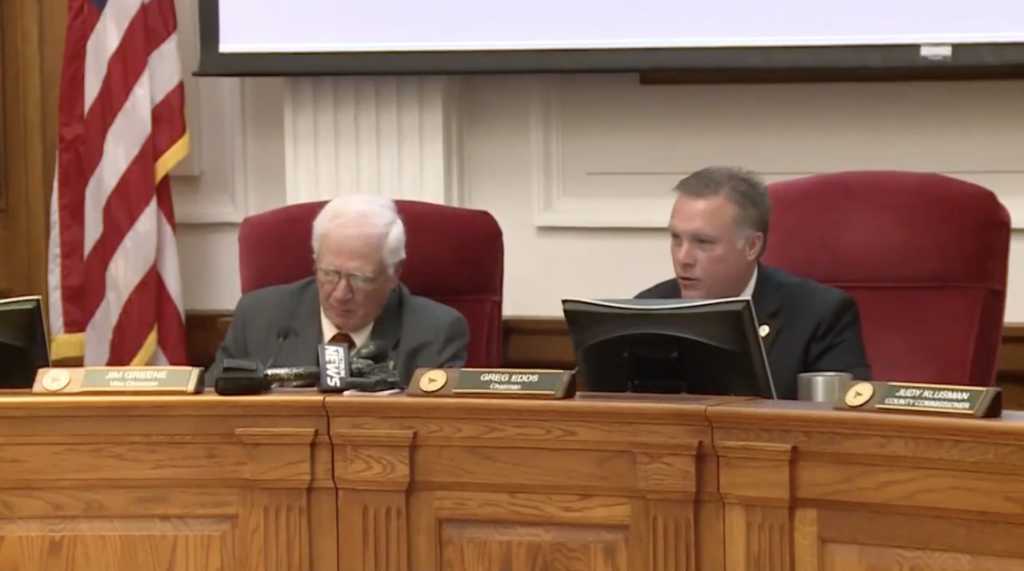An official for one North Carolina town addressed the Supreme Court Thursday after the nine-justice panel decided against hearing an appeal to a lower court ruling that banned prayer during official county meetings.
“We are profoundly disappointed that the Supreme Court side-stepped this chance to clarify its position on legislator-led prayer,” Rowan Commission Chairman Greg Edds said in a statement provided to WBTV-TV.
Kennedy is Leaving Supreme Court — So Journalist Offers Free Abortions as Birthday Gifts
The left-leaning American Civil Liberties Union (ACLU) celebrated the “victory” on social media, claiming the religious invocation during official government gatherings “pressured the public to join in prayers that overwhelmingly advanced beliefs specific to one faith.”
BREAKING: The Supreme Court denied a request to hear Lund v. Rowan County, our challenge to a troubling government prayer practice that pressured the public to join in prayers that overwhelmingly advanced beliefs specific to one faith. Our victory in the lower court stands! pic.twitter.com/26cMV368lu
— ACLU (@ACLU) June 28, 2018
Representing three Rowan County residents, the ACLU filed a lawsuit in 2013 against the county commissioners, taking issue with their “unconstitutional prayers” during official meetings, which often consisted of a prayer or moment of silence facilitated by local superintendents on a rotating basis.
At the time, Nan Lund, one of the suit’s three plaintiffs, said she wanted her government to “be open and welcoming to people of all beliefs” claiming she feels “unwelcome and excluded” when officials begin county meetings “with prayers that are specific to only one religious viewpoint.”
But despite the challenges outlined in the commissioners’ appeal, the country’s highest court declined to take up the case, and Edds isn’t happy:
“We are profoundly disappointed that the Supreme Court side-stepped this chance to clarify its position on legislator-led prayer. Legislative-led prayer is perfectly legal and happens in committees, boards, commissions, councils, and state legislatures all across America—just not in Rowan County and not in the five states covered by the Fourth Circuit’s flawed ruling.
Our case was the perfect chance for the country’s highest court to clean up the confusion surrounding the opposing opinions recently handed down by the Fourth and Sixth Circuit Court of Appeals, but the nation still waits. Meanwhile, until the Supreme Court agrees to settle those differences the five states within the Fourth Circuit are forced to operate with a different set of rules than the other 45 states.
I am grateful that Justice Clarence Thomas and Justice Neil Gorsuch took the time to voice their strong dissent from the Supreme Court’s decision to punt on legislative prayer. They also rightly scolded the Fourth Circuit for failing to do its history homework. If it had, it would have found a rich, historical tradition of legislator-led prayer stretching clear back to our nation’s founding.”
Prayer, though, will continue in Rowan County, according to Barbara Weller, an attorney with the National Center for Life and Liberty, the organization that represented the government officials.
“The key is the prayers will continue,” Weller told The Charlotte Observer. “It’s just a matter of who is going to give them.”



